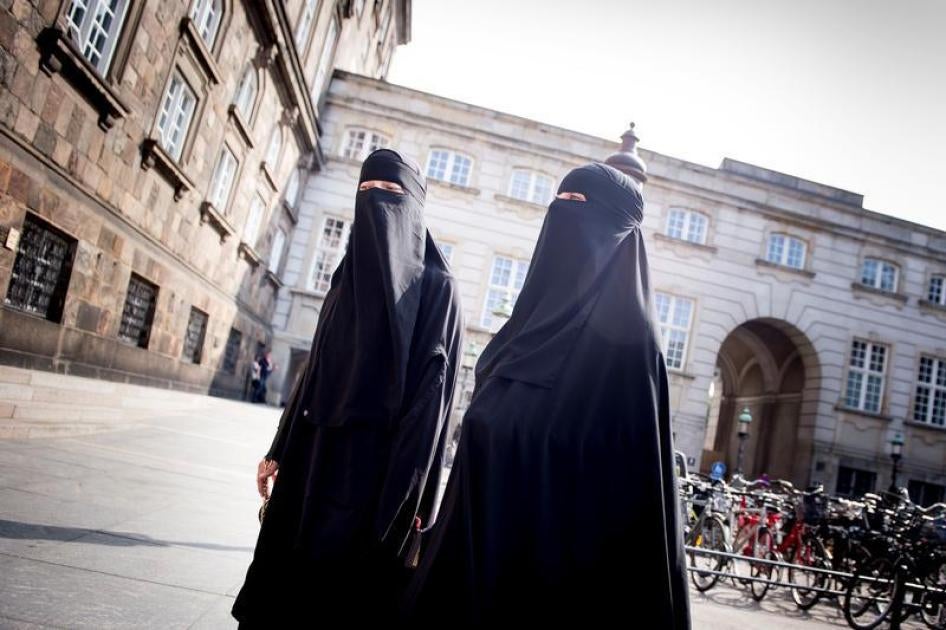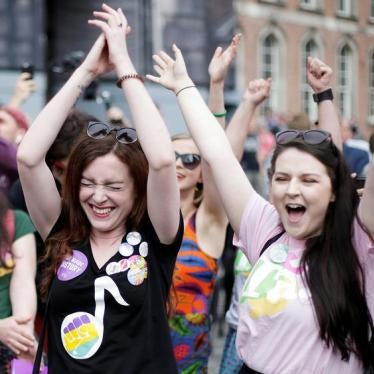On Thursday, Denmark became the latest in a string of European countries to ban the wearing of full-face coverings in public. Parliament voted overwhelmingly (75 to 30) to adopt legislation that will have a disproportionate impact on one group only: Muslim women.
The law – which fines first-time offenders 1,000 kroner (US $156 USD) -- also bans fake beards, balaclavas, and other face masks. But those most likely to cover their faces in public are Muslim women who choose to wear the burqa or niqab, a veil that leaves only the eyes visible.
Discussion about the proposed law has had a decidedly anti-Muslim tone. The Danish Minister of Justice, Søren Pape Poulsen, argued that Islamic face coverings are “disrespectful” and “incompatible with Danish values.” The spokesperson on immigration and integration of the Danish People’s Party explicitly cited a decade of efforts to ban the burqa and niqab in public, and vowed to push for new measures against the “Islamicisation of Denmark.”
Governments may restrict rights to freedom of expression or religion, such as expressed through clothing, but only when such restrictions are proportionate and on reasonable grounds. The Danish law is neither. Measures short of a complete ban can be instituted to address security concerns, such as allowing covered women to unveil in private spaces and be checked by female security officers. A total ban hardly seems warranted, and only fuels existing stigma and Islamophobic sentiment.
For Muslim women who feel uncomfortable being uncovered in public, a ban can cut off their access to public transit, education, employment, and social services, isolating and blocking these women from opportunities to integrate into society. Arguments that banning the burqa or niqab helps liberate women also miss the point. Women choose to wear face coverings for many reasons. Telling women how to dress doesn’t liberate them – it denies them the right to make their own choices.
Just as women should not be forced to wear the niqab, burqa or other religious dress, nor should they be punished for choosing to do so. Laws that do either are discriminatory. Denmark’s ban is part of a worrisome trend that only marginalizes Muslim women in Europe and penalizes them for expressing their beliefs.









